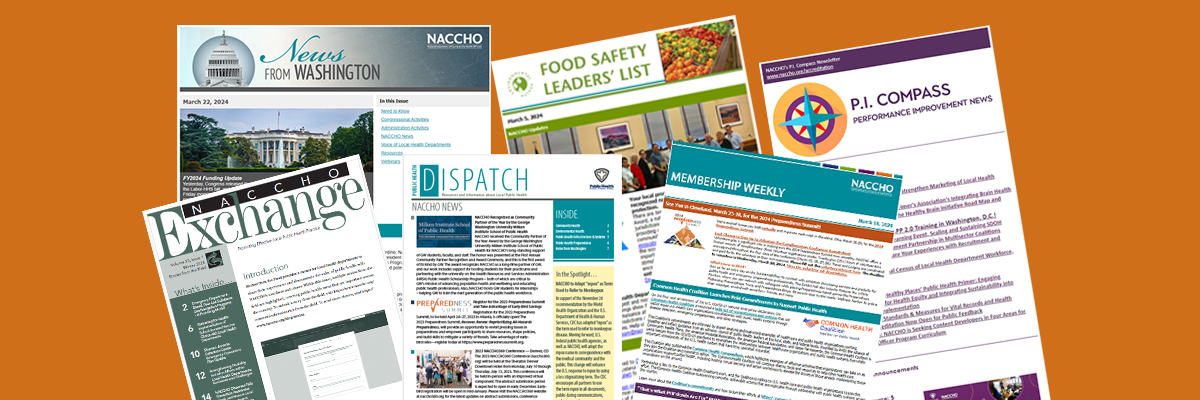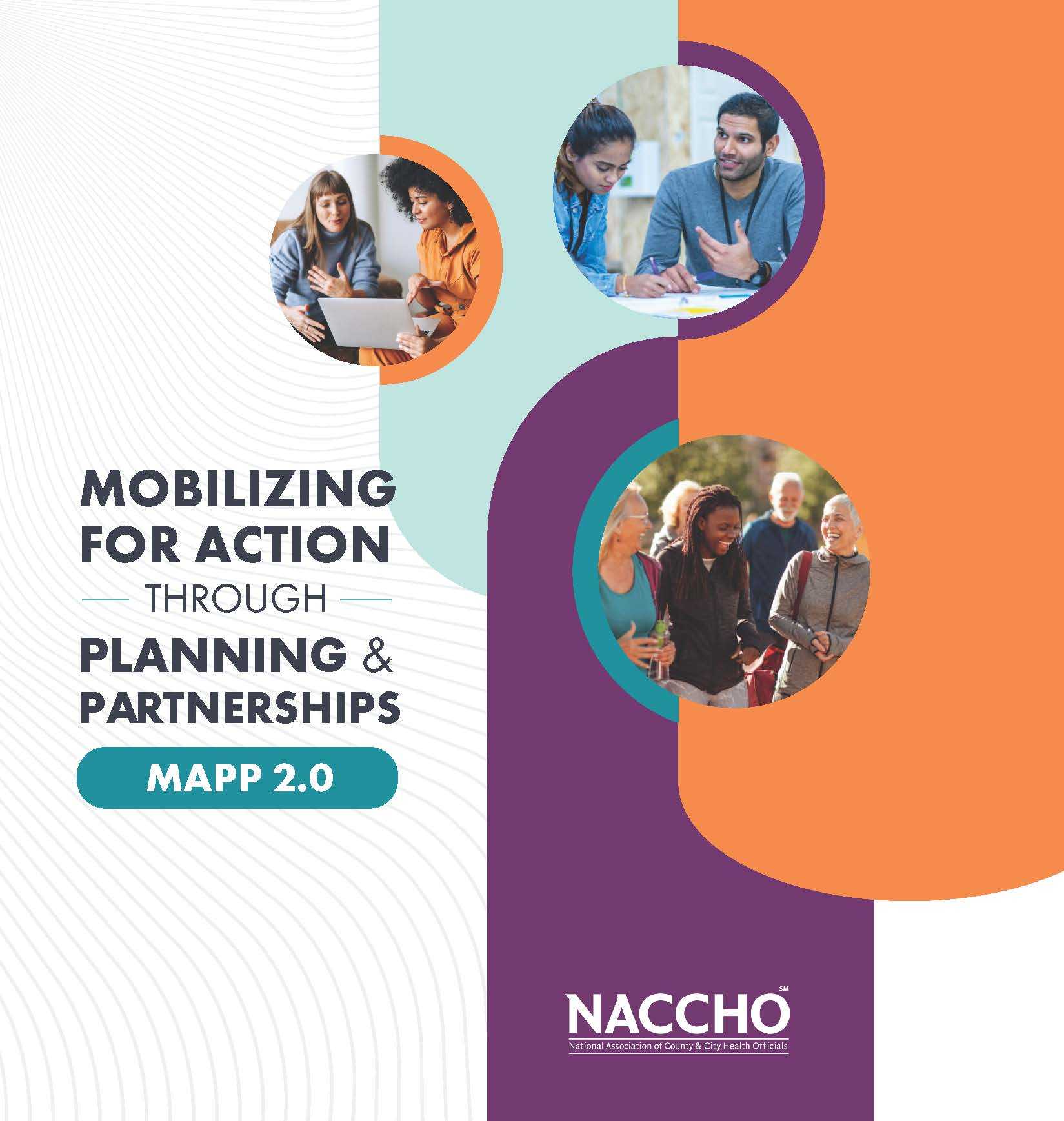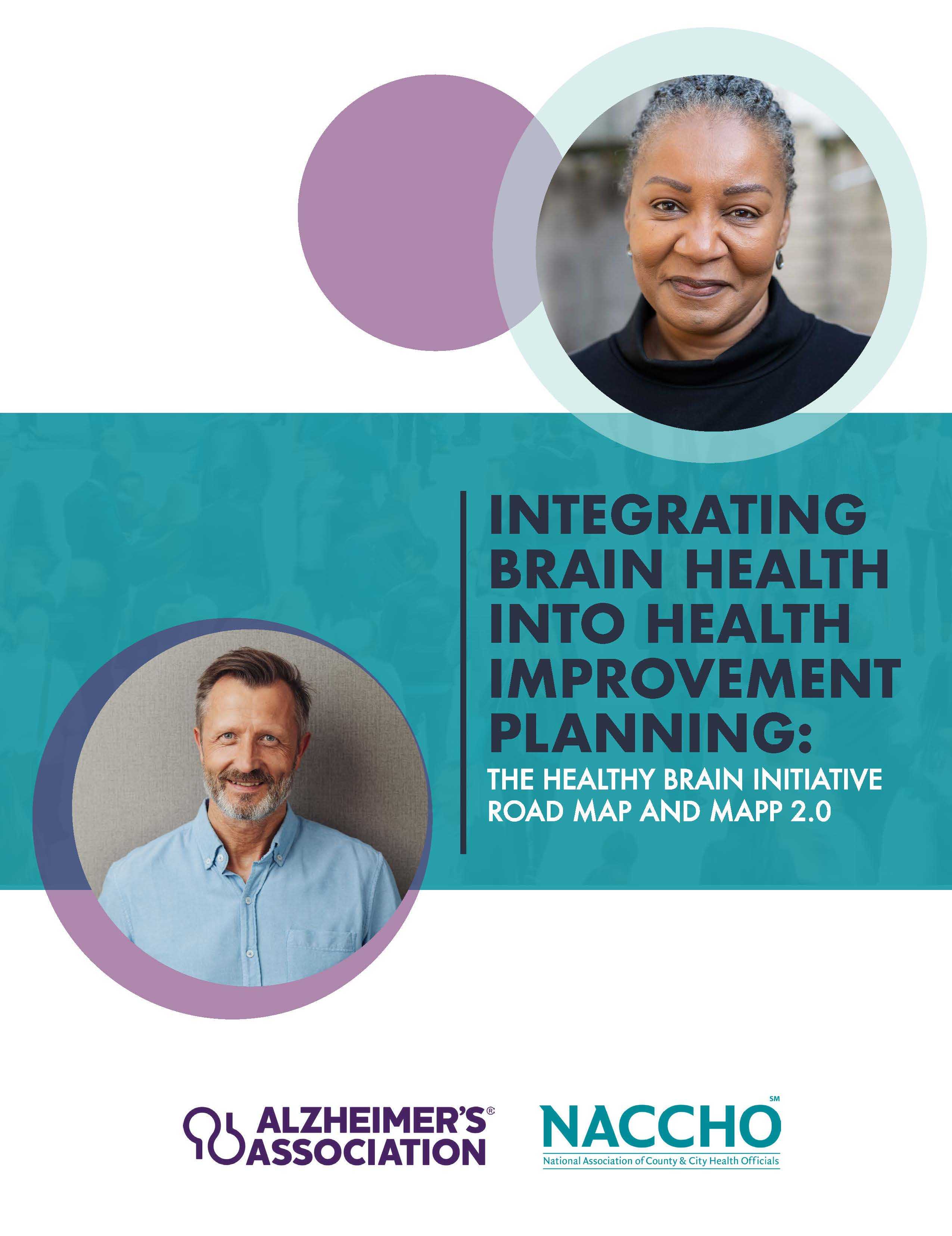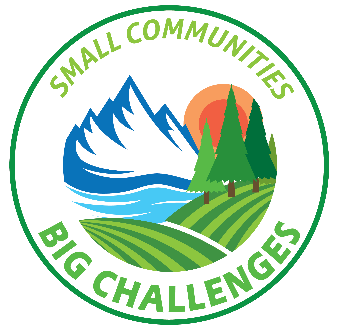Popular Categories
The Medical Reserve Corps Helps Local Health Departments Fill a Critical Need
On this National Day of Service and Remembrance, NACCHO recognizes the important work of the Medical Reserve Corps (MRC), a national...
Sep 11, 2014 | Guest Author
NACCHO’s Health and Disability Program Supports Local Health Department Inclusion...
People with disabilities are disproportionately affected by obstacles to their health when compared to the general population. Among...
Sep 09, 2014 | Katie Regan
OMB Issues Special Funding Request to Counter Ebola
The Obama administration has requested funding to address the worsening outbreak of Ebola in Africa. An additional $30 million in...
Sep 08, 2014 | Admin
A Whole Community Approach to Medication Dispensing
Gone are the days when medication dispensing during an emergency or disaster was staffed and managed solely by local health...
Sep 04, 2014 | Guest Author
Fred the Preparedness Dog Teaches Family and Pet Preparedness
In honor of National Preparedness Month, the Kansas Department of Health and Environment has launched www.fredthepreparednessdog.org,...
Sep 03, 2014 | Admin
CDC and NACCHO Resources for Responding to Outbreaks of Foodborne Illness
Local health departments (LHDs) are on the front lines of foodborne illness prevention and response. In the face of budget cuts and...
Sep 02, 2014 | Erin Roberts
The American College of Chest Physicians Releases Consensus Statement on the Care of...
The American College of Chest Physicians (CHEST) has released the 2014 Care of the Critically Ill and Injured During Pandemics and...
Aug 28, 2014 | Lisa Brown
EPA Launches Student-Focused Radiation Website, RadTown
The U.S. Environmental Protection Agency’s student-focused radiation website, RadTown, has newly launched. This interactive, virtual...
Aug 22, 2014 | Lisa Brown
Curriculum Recommendations for Disaster Health Professionals: The Geriatric...
“Curriculum Recommendations for Disaster Health Professionals: The Geriatric Population” is the third in a series of...
Aug 21, 2014 | Admin
The Medical Reserve Corps Helps Local Health Departments Fill a Critical NeedOn this National Day of Service and Remembrance, NACCHO recognizes the important work of the Medical Reserve Corps (MRC), a national network of volunteers trained to respond to disasters and emergencies and support the health of their communities. The need for the MRC became apparent after 9/11 when thousands of medical and public health professionals, […] Sep 11, 2014 | Guest Author |
NACCHO’s Health and Disability Program Supports Local Health Department Inclusion EffortsPeople with disabilities are disproportionately affected by obstacles to their health when compared to the general population. Among other health status inequities, they are more likely to be obese, and smoke, and less likely to be included in emergency preparedness planning. The Centers for Disease Control and Prevention (CDC) is currently highlighting the need for […] Sep 09, 2014 | Katie Regan |
OMB Issues Special Funding Request to Counter EbolaThe Obama administration has requested funding to address the worsening outbreak of Ebola in Africa. An additional $30 million in funding would help CDC cover the cost of treatments and vaccines, labs, and personnel dispatched to contain the spread of the disease. In addition, the Office of Management and Budget (OMB) requested $58 million to accelerate the […] Sep 08, 2014 | Admin |
A Whole Community Approach to Medication DispensingGone are the days when medication dispensing during an emergency or disaster was staffed and managed solely by local health departments (LHDs). Getting medication quickly to the community is particularly challenging in a large metropolitan area. To meet this challenge, Public Health – Seattle & King County (King County) is joining forces with partners in the community and public and private... Sep 04, 2014 | Guest Author |
Fred the Preparedness Dog Teaches Family and Pet PreparednessIn honor of National Preparedness Month, the Kansas Department of Health and Environment has launched www.fredthepreparednessdog.org, a new website with tips for family and pet preparedness featuring their mascot Fred. A two-year-old German Shepherd and community outreach personality, Fred frequents schools, fairs, and other state-wide events to engage children ages 5-12 in preparedness efforts.... Sep 03, 2014 | Admin |
CDC and NACCHO Resources for Responding to Outbreaks of Foodborne IllnessLocal health departments (LHDs) are on the front lines of foodborne illness prevention and response. In the face of budget cuts and staff reductions, LHDs are responsible for food safety inspections, epidemiological surveillance, the investigation of foodborne illness, and educating the public on food safety. Sep 02, 2014 | Erin Roberts |
The American College of Chest Physicians Releases Consensus Statement on the Care of the Critically Ill and Injured During Pandemics and DisastersThe American College of Chest Physicians (CHEST) has released the 2014 Care of the Critically Ill and Injured During Pandemics and Disasters: CHEST Consensus Statement. The statement aims to guide ethical decision-making, coordination of care, resource conservation, and research in disasters. The statement is intended primarily for clinicians and hospital administrators involved in planning for... Aug 28, 2014 | Lisa Brown |
EPA Launches Student-Focused Radiation Website, RadTownThe U.S. Environmental Protection Agency’s student-focused radiation website, RadTown, has newly launched. This interactive, virtual community provides information for students and teachers about different radiation sources, links to additional information and all new graphics and content. A new addition to RadTown is EPA’s Radiation Education Activities for middle and high school students... Aug 22, 2014 | Lisa Brown |
Curriculum Recommendations for Disaster Health Professionals: The Geriatric Population“Curriculum Recommendations for Disaster Health Professionals: The Geriatric Population” is the third in a series of peer-reviewed disaster health curriculum recommendations from the National Center for Disaster Medicine and Public Health (NCDMPH). “Curriculum Recommendations for Disaster Health Professionals: The Geriatric Population” provides resources on planning... Aug 21, 2014 | Admin |

Subscribe Today
Sign Up for the E-mail Digests
Create an account or login to MyNACCHO and go to "My Subscriptions."
SUBSCRIBE NOWPARTNER ARTICLES
More NACCHO Blogs
Check out all the NACCHO blogs.




